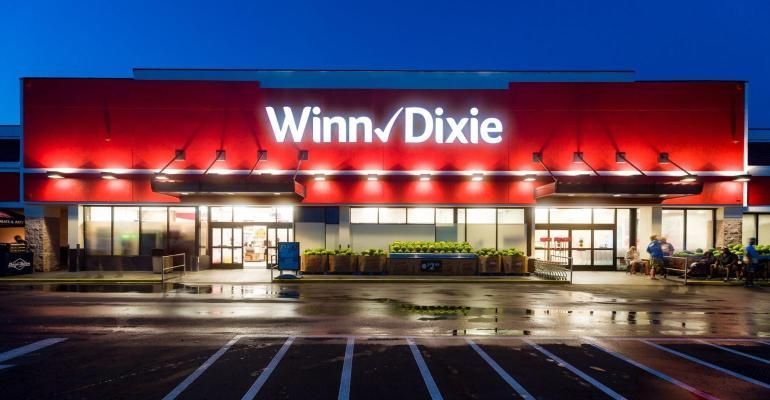Weekly Perl: A Commercial Real Estate News Recap


Big Lots closing about 300 stores; California takes big hit
In a new filing with the Securities and Exchange Commission, the Ohio-based discounter revealed it may shutter up to 315 stores under amended credit and loan terms. In a June SEC filing, Big Lots, which has about 1,390 stores nationwide, said it was planning to close between 35 to 40 stores in 2024. In the same filing, the company also warned of its ability to survive as a "going concern.”

Portillo’s Relies on Four-Part Strategy to Claw Back Sales and Traffic
During a time when price-pointed value is ruling the quick-service segment, Portillo’s refuses to get involved with aggressive promotions and discounting. Instead, the legacy chain wants to bring value by improving the overall dining experience.

The Aldi store conversion begins as Winn-Dixie closes in Florida
A Winn-Dixie store in Lakeland, Fla., recently served its final customers, and 48 workers were let go, reports the Business Observer.

U.S. Drugstores Revamp Business Models Amid Challenges
Facing more competition and changing consumer preferences, drugstores like Walgreens and CVS Health are experimenting with smaller locations.

Daiso to expand U.S. store count – here's where
Japanese retailer Daiso is expanding its footprint in the United States with three new openings this week.
The chain, which sells household goods, stationery, beauty products and more, will open new locations in Beaumont, Texas, Van Nuys, Calif. and Westminster Calif. on Saturday, Aug. 10.

The 2024 QSR 50: Fast Food’s Leading Annual Report
The quick-service industry has entered a key turning point in the post-COVID environment. After a few years of big-time operators claiming customers understand inflationary prices, that tolerance has seemed to dissipate quickly.

Rubio’s to Be Sold to New Private Equity Owner
TREW Capital Management, founded by former Famous Dave’s CEO Jeff Crivello, will use a $40 million credit bid to acquire the chain’s assets. That means instead of a traditional sale, the private equity firm will use the debt it’s owed as a form of currency to gain control of Rubio’s.






